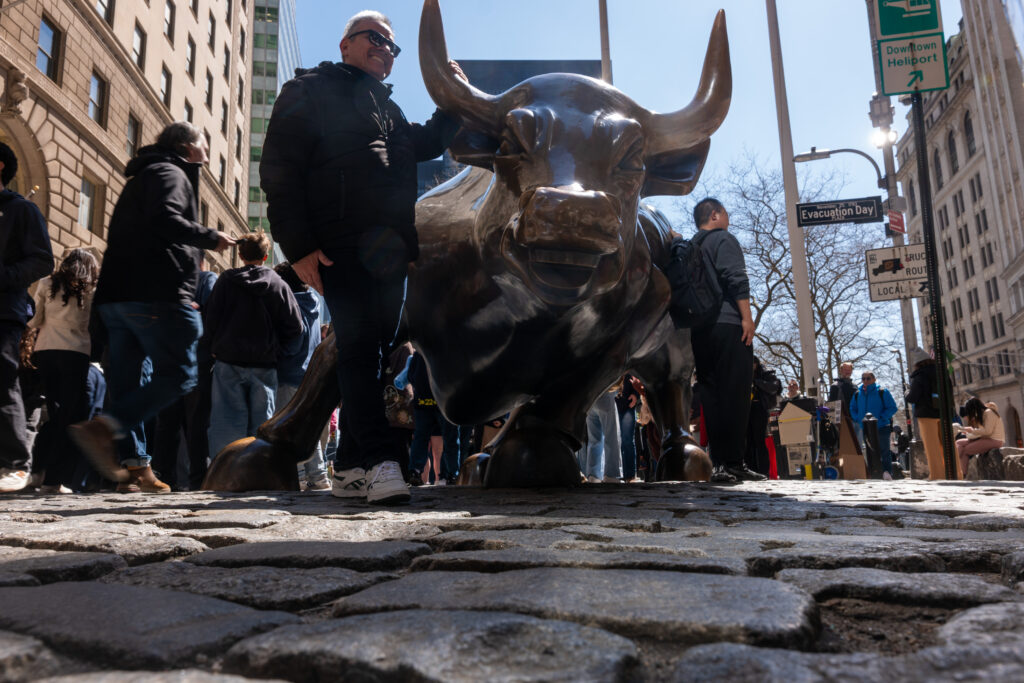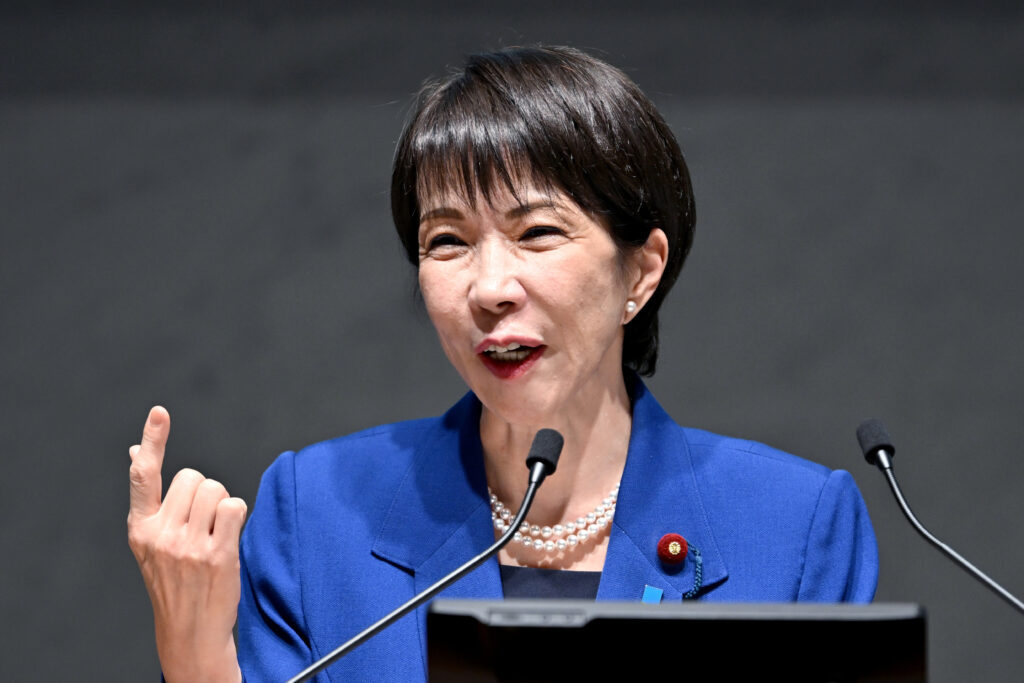World stocks sluggish as precious metals drop
Global stock markets were sluggish Monday on the back of a mixed Asian showing, as investors awaited fresh clues on the outlook for US interest rates.The dollar largely rose against main rivals, precious metals retreated from record highs and oil prices firmed in quiet post-Christmas trading with some focus on Ukraine talks.After the Federal Reserve lowered borrowing costs earlier in December, the US central bank indicated that it could stand pat when decision-makers gather again at the end of next month.Just over two hours into trading, Wall Street was in the red with the Dow off 0.6 percent at 48,428.57 points while the tech-heavy Nasdaq shed 0.7 percent and the S&P 500 was off half of one percent as tech stocks notably receded after recent gains.In Europe, London and Frankfurt were both flat at the close while Paris barely inched into the green.The minutes from the last Fed meeting are published Tuesday and traders will be poring over their contents for any indication about the Fed’s plans for 2026.The prospect of cuts has helped push world stock markets to multiple record highs this year, offsetting worries about stretched valuations in the tech sector.”Concerns about overvaluations and an AI bubble look set to continue to dominate market chatter into next year,” Victoria Scholar, head of investment at Interactive Investor, noted on Monday. On commodities markets, gold and silver slipped back after hitting all-time peaks in recent days.The precious metals had both hit record highs on expectations of more rate cuts, which made them more desirable to investors.Their status as a safe-haven asset in times of turmoil has also added to their allure given geopolitical upheaval from US strikes in Nigeria and a blockade of Venezuelan oil tankers.On Monday, gold was sitting under $4,400 an ounce, having peaked a whisker shy of $4,550 on Friday.Silver shed almost 10 percent on Friday’s close, sliding down to $71.86 an ounce having earlier touched a record above $84.Silver has seen a sharp run-up in recent weeks also owing to surging demand and tight supply.Oil prices rose two percent, reversing a similar-sized Friday dip following a weekend meeting between US President Donald Trump and Ukrainian counterpart Volodymyr Zelensky on peace proposals.Trump said Monday he had a “positive” call with Russian counterpart Vladimir Putin after Sunday having said a deal was closer than ever to end the conflict.An end to the war could see sanctions on Russian oil removed, adding to an oversupplied market.- Key figures at around 1650 GMT – New York – Dow: DOWN 0.6 percent at 48,428.57 pointsNew York – S&P 500: DOWN 0.5 percent at 6,895.48 New York – Nasdaq: DOWN 0.7 percent at 23,428.97London – FTSE 100: FLAT at 9,866.53 (close)Paris – CAC 40: UP 0.1 percent at 8,112.02 (close)Frankfurt – DAX: FLAT at 24,351.124 (close)Tokyo – Nikkei 225: DOWN 0.4 percent at 50,526.92 (close) Hong Kong – Hang Seng Index: DOWN 0.7 percent at 25,635.23 (close)Shanghai – Composite: FLAT at 3,965.28 (close)Euro/dollar: DOWN at $1.1760 from $1.1776 on FridayPound/dollar: DOWN at $1.3492 from $1.3501Dollar/yen: DOWN at 156.02 yen from 156.50 yen Euro/pound: DOWN at 87.17 pence from 87.21 pence Brent North Sea Crude: UP 2.2 percent at $61.98 per barrelWest Texas Intermediate: UP 2.4 percent at $58.13 per barrel




